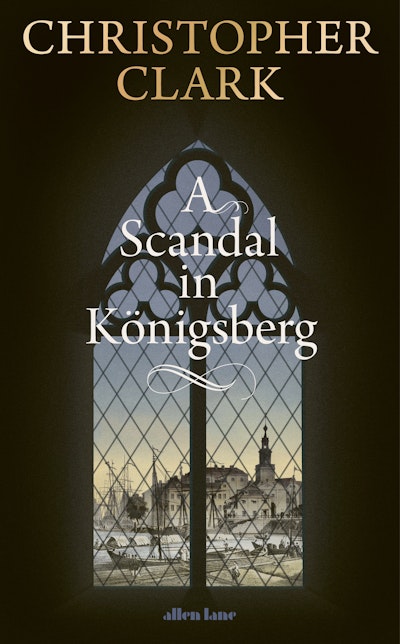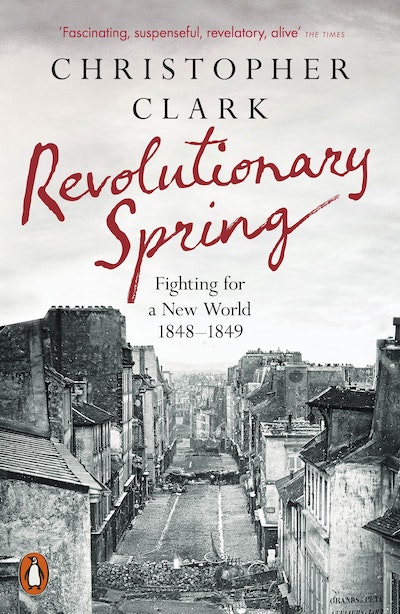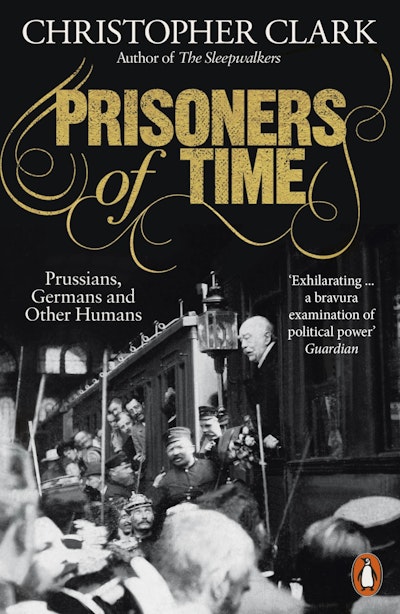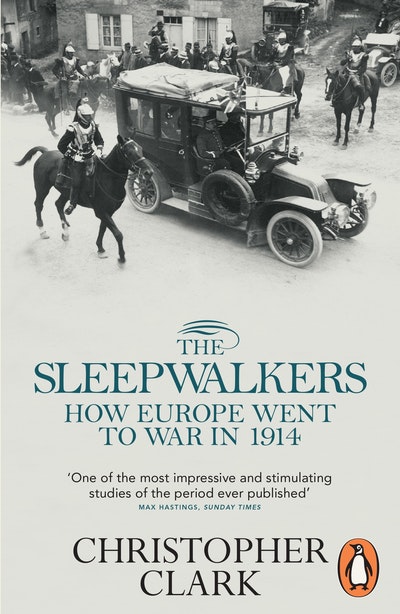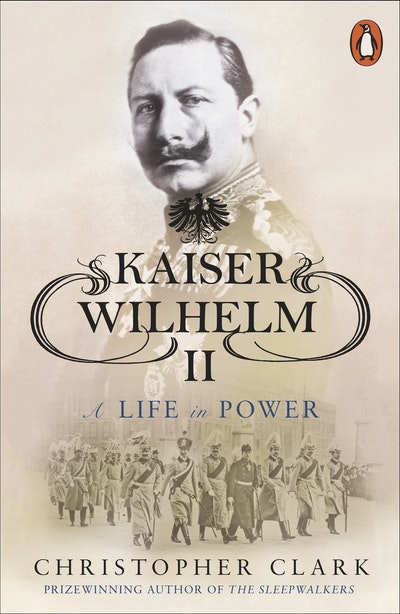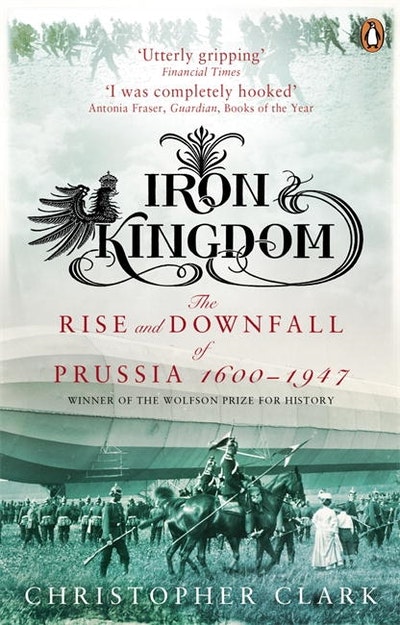- Published: 25 November 2025
- ISBN: 9780241767887
- Imprint: Allen Lane
- Format: Hardback
- Pages: 192
- RRP: $55.00
A Scandal in Königsberg
- Published: 25 November 2025
- ISBN: 9780241767887
- Imprint: Allen Lane
- Format: Hardback
- Pages: 192
- RRP: $55.00
Clark uses a scandal that befell Königsberg in the 1830s to tell a story of Europe and religion and the battle between reason and imagination. Everything here is extraordinary… Clark has tremendous fun in this setting, and not just because of its soap opera-ish potential
Peter Hoskin, Englesberg Ideas
Rich, subtle and provocative
Matthew Lyons, The Telegraph
A Scandal in Königsberg may be a miniature, but it is far from insubstantial... fans of tales of clerical skulduggery, of German history in general and culture wars avant la Bismarckian lettre in particular, plus anyone interested in how intolerance ruins lives, will enjoy Clark’s latest, not least because it is ‘short and lively" just like Frederick the Great’s ideal wars
Jonathan Boff, The Spectator
It takes a confident historian to write a short book… the story is distilled to its powerful essence; he knows precisely what’s important… This small book is many things, but for me what shines brightest is a tale of two renegade preachers who understood women and love
Gerard de Groot, The Times
A splendid exercise in historical recuperation. It illustrates the confusions, uncertainties and prejudices of a period when the horrors of revolution and warfare were still vivid in the European memory, and men and women were desperately searching for ordinary, lower-case enlightenment and spiritual guidance
John Banville, Literary Review
Königsberg (is) a kind of Prussian Atlantis, a quasi-mythical place everyone gets to build in their own imagination without reality getting in the way… What makes Clark’s telling so effective is the way he brings this seemingly obscure episode to life without ever overplaying its strangeness
Katja Hoyer, Zeitgeist
Clark writes with his characteristic clarity and wit. This carefully researched microhistory clearly echoes our own time
Anna von der Goltz, Financial Times
Its plot of history is small, but its horizons are enormous
What to read in September, Prospect
The rise of ‘fake news’ and ‘alternative facts’ in our own time… lend the story revealed by the files in the Geheimes Staatsarchiv an unexpected contemporary relevance … Clark tells this engrossing story with all his usual narrative verve and stylistic brilliance
Richard J. Evans, Times Literary Supplement
Clark’s narrative impressively interweaves the stories of the men and women drawn into Ebel’s circle with the political, religious and intellectual upheavals of the time
Ian Cooper, The Tablet
An exquisite work of micro-history that deserves its place on the shelf beside such classics as Carlo Ginzburg’s The Cheese and the Worms (1976) and Natalie Zemon Davis’s The Return of Martin Guerre
Matt D'Ancona, The New World
At first glance the story of an obscure sex scandal among an evangelical sect in 19th-century Prussia might seem a bit slight. But Christopher Clark, one of our greatest historians, uses it as the hook for a haunting reflection on the power of gossip, fake news and social conformity. Sketching the world of Königsberg with tremendous empathy, he gives us an unforgettable range of characters, from the androgynous preacher Johann Ebel to the splendidly named Count Finck von Finckenstein
Dominic Sandbrook, The Times, Best Books of the Year 2025
